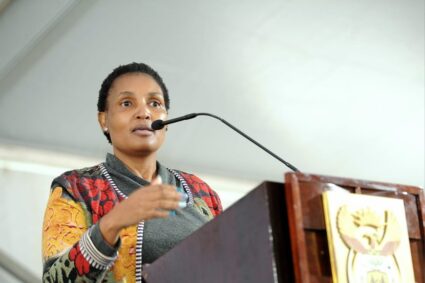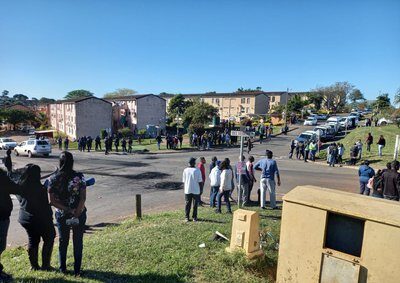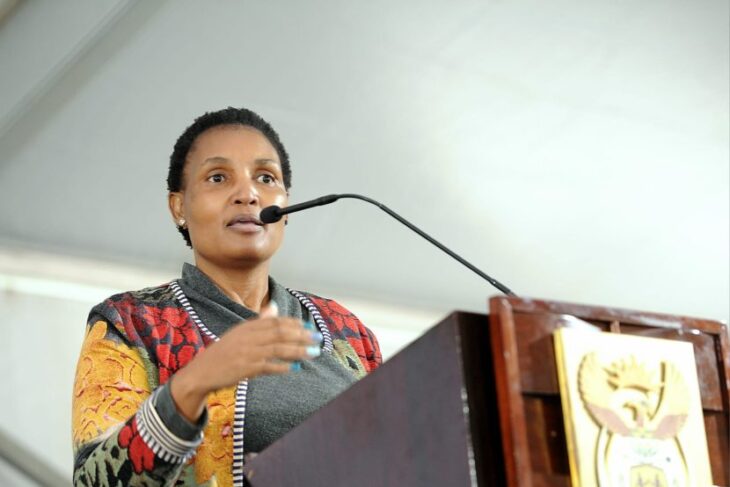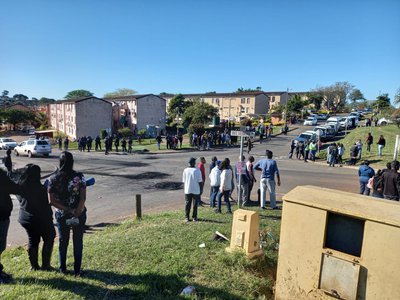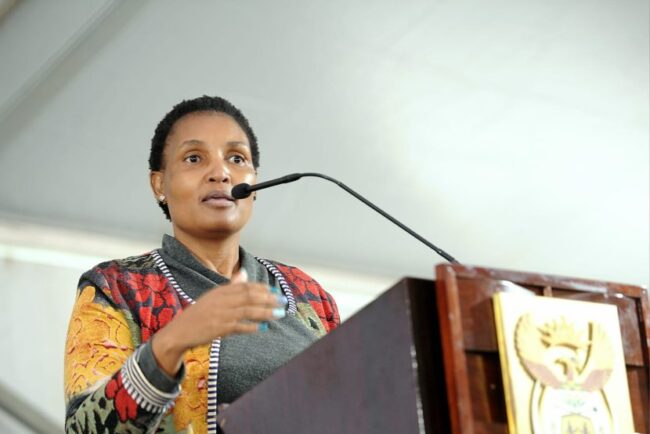
African National Congress has won more of votes by the side of Gauteng.
As the vote counting for South Africa’s 2024 general elections surpasses the halfway mark, the African National Congress (ANC) maintains a narrow lead in the crucial province of Gauteng. Historically a stronghold for the ANC, Gauteng is a bellwether region, encompassing major urban centers such as Johannesburg and Pretoria. The ANC’s performance in this province is often seen as indicative of its national support levels.
As of Friday, with more than half of the votes counted, the ANC is leading but faces significant challenges from opposition parties, particularly the Democratic Alliance (DA) and the Economic Freedom Fighters (EFF). Both parties have been aggressive in their campaigns, capitalizing on widespread dissatisfaction with the ANC’s handling of issues such as corruption, unemployment, and service delivery. This erosion of support is most visible in urban and suburban areas where middle-class and youth voters are becoming increasingly disenchanted with the status quo.
The Democratic Alliance, traditionally the main opposition party, has made substantial inroads in Gauteng. Their campaign, focusing on governance, economic stability, and anti-corruption measures, resonates with voters frustrated by the ANC’s perceived failures. The DA’s promise of cleaner governance and efficient service delivery appeals especially to urban voters who have grown weary of power outages, water shortages, and other infrastructure issues.
The Economic Freedom Fighters, led by the charismatic Julius Malema, have also gained traction, particularly among younger voters and those in economically marginalized communities. The EFF’s radical economic policies, including land expropriation without compensation and nationalization of key industries, present a stark alternative to the ANC’s more centrist policies. Malema’s rhetoric has struck a chord with voters who feel left behind by the current economic system.
The ANC’s narrow lead in Gauteng highlights the shifting political landscape in South Africa. Once guaranteed strong support, the party now faces a more fragmented and competitive political environment. Internal divisions, allegations of corruption, and a failure to deliver on key promises have eroded the party’s base. Despite this, the ANC remains a formidable force, drawing on its legacy as the party of liberation and its deep-rooted connections in many communities.
As counting continues, the final outcome in Gauteng remains uncertain. The province’s results will be critical in shaping the overall composition of the National Assembly and determining the future direction of South Africa’s political landscape. A strong performance by the ANC would reinforce its dominance, while significant gains by the DA and EFF could signal a shift towards a more pluralistic political environment. The close race underscores the dynamic and evolving nature of South African democracy, as voters demand more accountability and better governance from their leaders.



